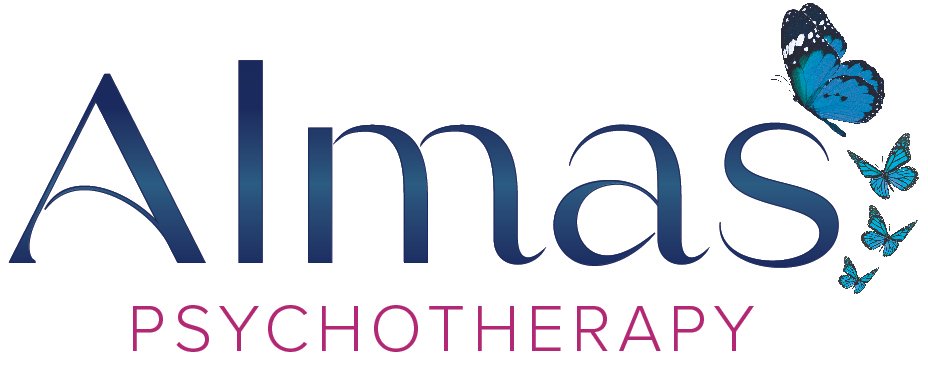Trauma and EMDr therapy In-person in alpharetta & online across ga,sc,&FL
Heal from the past: Create a more fulfilling future.
Experiencing something traumatic can leave you with raw nerves, even years later.
You may not have understood the impact of the event you experienced at the time, but now, even though it’s long over, you can’t seem to shake the feelings you felt then. Maybe you went through some form of abuse — be it physical, verbal, sexual, or emotional — and now you feel like you can’t fully trust anyone and have difficulty maintaining healthy relationships. Or maybe you saw something that deeply disturbed you, and the image has never fully left your mind.
As a result, things that might just startle someone else momentarily (like a loud noise or someone coming up behind you), leave you shaken for a while afterward. You have difficulty concentrating on tasks that you know you need to get done. It’s hard to get a good night’s sleep because you feel like you can never fully unwind — not to mention the looming fear that painful memories might come up again in your dreams.
Maybe lately, you’ve been…
Feeling unsafe, even when you know nothing is wrong
Constantly on edge & unable to relax, even in your own home
Avoiding activities, places, people, or things that remind you of a traumatic event.
Overcome with shame & guilt, or feeling like you’re a “bad” person and don’t deserve to feel better
Reliving a traumatic event in flashbacks or nightmares
My Approach
A safe space to find relief.
In the beginning of our work, I’ll get to know your story and we’ll talk about what has led you to seek therapy at this point in your life. I’ll hold space for you to share as much as you feel comfortable, and we’ll move at whatever pace feels right for you.
I’m trained and certified in Eye Movement Desensitization and Reprocessing (EMDR), which is a therapy method that helps the brain reprocess memories and removes the emotional charge from them. If we agree this method is a good fit for you, we’ll fully discuss what it will look like before diving in so you know exactly what to expect. We’ll also explore tools and skills to feel secure and manage difficult emotions during the process of working through them.
EMDR involves stimulating both sides of the brain with eye movements or tapping on parts of your body to reprocess a traumatic event or memory. I’ll be there with you every step of the way, guiding your experience and making sure you feel safe. Then, we’ll work on replacing some of the negative ideas and beliefs you have about yourself with positive ones. People who go through EMDR may find a sense of relief from what’s been troubling them in as few as 6-12 sessions.
Therapy with me is always a caring, non-judgmental environment, and I will do whatever I can to make you feel comfortable. I want you to know that there’s nothing wrong with you, and that through our work together, you can live a life free from the pain of the past.
MOVING THROUGH “STUCK” MEMORIES AND EMOTIONS SO YOU CAN FINALLY MOVE ON.
Step into the rest of your life with…
Less stress & anger — Taking the emotional charge out of painful memories allows you to feel more at ease in your day-to-day life.
Tools to manage anxiety & triggers — You’ll have everything you need to navigate whatever your future holds.
Self-worth & acceptance — Feel better about yourself & release guilt and shame.
Control of reactions — Feel confident that you can face anything and be able to respond rather than react.
It’s time to let go of what’s been holding you back.
You deserve to feel safe & move forward.
Questions?
FAQs
-
Yes, EMDR can be done virtually. I offer online sessions using a video platform that is just as effective as if we were in the same room. I’ll be able to facilitate the eye movement component or bilateral stimulation part of EMDR therapy as long as you’re in a comfortable space with a strong internet connection.
-
EMDR works by helping the brain process distressing memories through stimulating both sides of the brain. We’ll often do this in the form of guided eye movements. This process aims to reduce the emotional charge associated with traumatic experiences and memories.
-
Long-term side effects of trauma can include difficulty trusting others, feeling on edge or anxious, and struggling with self-esteem. It can also affect relationships and lead to coping mechanisms like avoidance or people-pleasing. Through therapy, you can heal from trauma and move forward from painful past experiences and memories.
-
Trauma can impact the brain by triggering a heightened stress response, affecting memory, and altering how we perceive and respond to future situations. It's like the brain gets stuck in a survival mode that can linger long after the traumatic event. Through trauma-informed therapy, it’s possible to process and overcome any trauma you’ve experienced.





